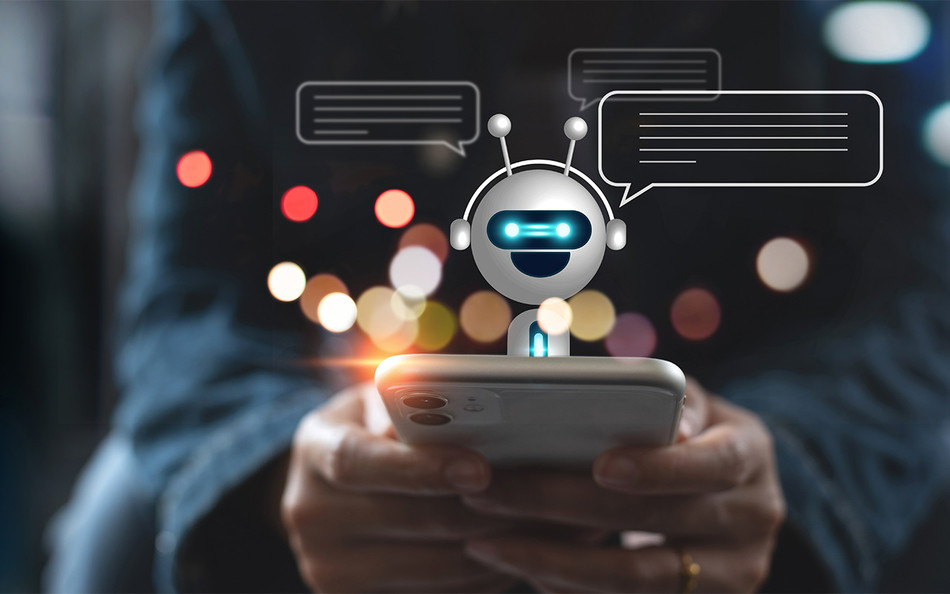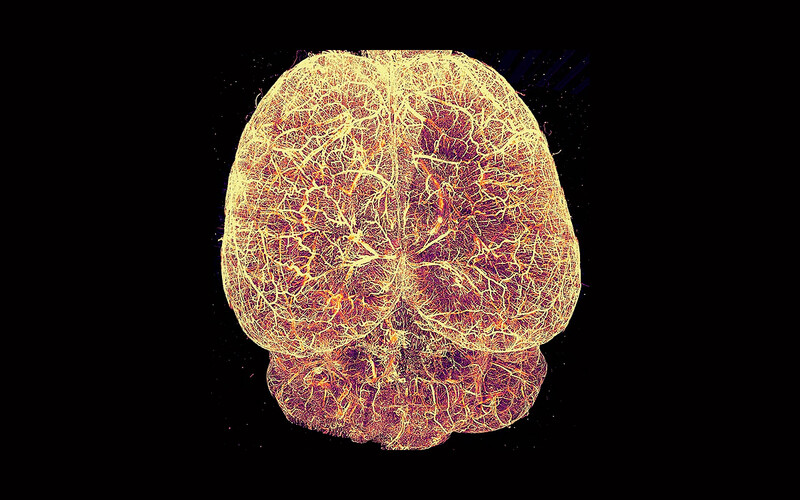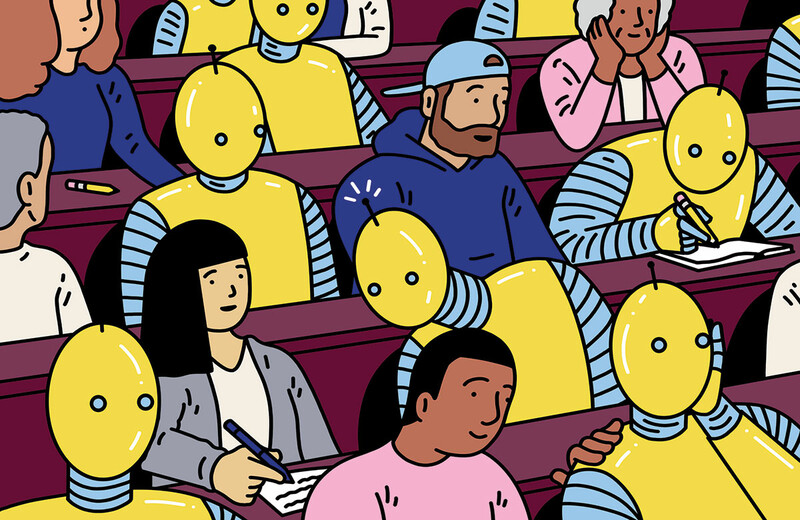A New Way to Spot Text Written by AI, and Other Science News
Columbia computer scientists Junfeng Yang, Carl Vondrick, and Chengzhi Mao ’23SEAS have developed an algorithm that reliably detects AI-generated text, based on its lack of grammatical and stylistic idiosyncrasies. They say their tool could be useful in authenticating human-produced news articles, social-media posts, and other content.
Roots of anti-immigrant sentiment
Americans who live through economic recessions when they are young adults are more likely to harbor anti-immigrant attitudes, according to new research by Columbia Business School professor Stephan Meier.
These fish are team players
A group of Columbia neuroscientists led by Nathaniel Sawtell has found evidence that elephantnose fish, which emit electrical pulses to sense their surroundings, work collectively, perceiving how one another’s pulses bounce off objects. This trait has never before been seen in nature.
Laying odds on the volcanic apocalypse
So-called “supervolcanoes” that spewed enormous amounts of particulate matter into the earth’s atmosphere tens of thousands of years ago, blocking out sunlight, did not cool the planet nearly as much as past studies have suggested, according to a new analysis by Columbia geoscientists. The authors conclude that volcanoes pose less of a threat to human existence than previously feared.
Methadone to go
Flexible new drug policies that allow people to receive take-home methadone doses are safe and effective, causing few people with opioid-use disorder to relapse, according to a study by Columbia psychiatrists Arthur Robin Williams and Edward Nunes.
Play it again, hypothalamus
Columbia engineers Elizabeth Hillman and David Thibodeaux ’23SEAS have developed a new analytic tool that turns statistical data about brain activity into notes played on musical instruments. They say that because humans are extraordinarily adept at detecting patterns in sound, the tool could enable scientists to spot relationships in neural data that computers miss.


